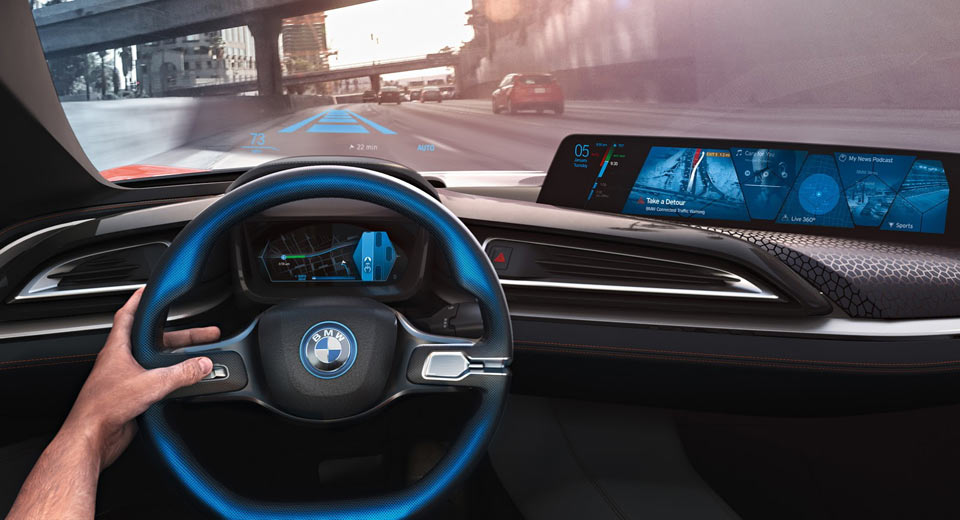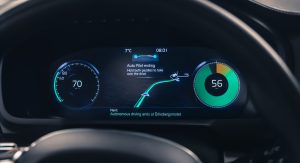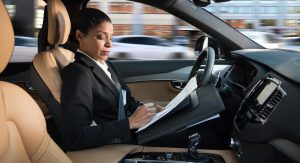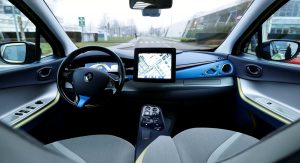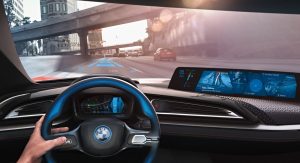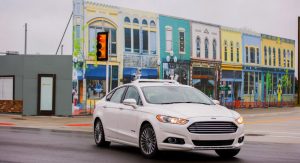According to a study by the Boston Consulting Group, up to 25 per cent of all driving miles in the U.S. by 2030 could be handled by self-driving cars in shared service fleets in cities across the country.
The comprehensive report says that one of the key reasons why autonomous vehicles may surge in popularity in the next decade is that shared fleets of them could effectively double discretionary income for city residents.
Boston Consulting Group says that due to pressure on cities to popularize green transportation solutions, the costs of autonomous and fully-electric vehicles should fall significantly. What’s more, those that choose to participate in self-driving services could enjoy savings of up to 60 per cent compared to owning and operating their own vehicle.
By 2030, it is also estimated that over 5 million conventional cars could be replaced annually by a mix of semi-autonomous vehicles for personal use and fully-autonomous EVs used for urban fleets.
According to BCG’s Brian Collie, “Such an evolution in mobility is no longer a fantasy. The technology exists and our research shows that many consumers will embrace it. Yet few players are taking the bold steps needed to position themselves to thrive in this not-too-distant future.”



